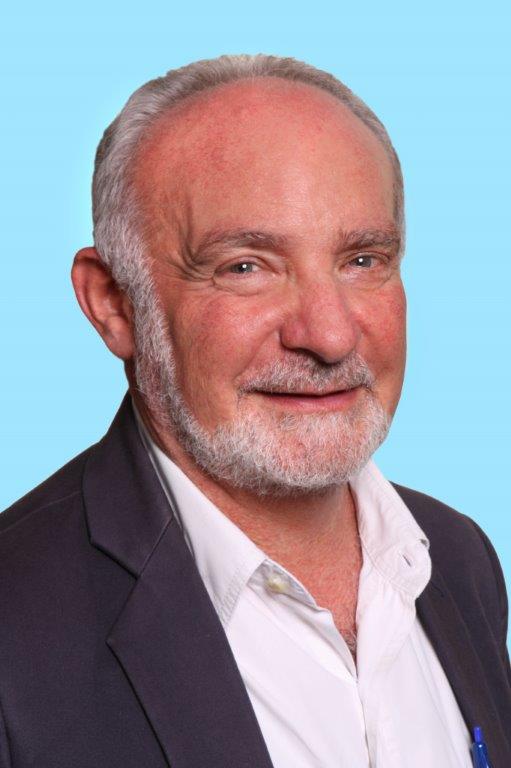Multimorbidity in Africa: Digital innovation, visualisation and application (MADIVA)

Research Hub

1U54TW012077-01

MADIVA: Multimorbidity in Africa: Digital innovation, visualisation and application Research Hub Our research hub will develop data science to address the complex interplay, individual and public health challenges, and rising prevalence of multimorbidity in Africans. Epidemiological transition in Africa has greatly changed health risks at both individual and public health levels. Trauma, infectious & non- communicable diseases are major health challenges; multiple occurrences multiply burdens for individuals and communities. The inherent value from the increasingly rich and varied existing data has not been exploited. We have rich longitudinal epidemiological data sets, partial but increasingly available clinical and laboratory records, and genomic data. The data, as is common in the domain, is highly heterogeneous, and in parts, fragmented and incomplete. The Hub will be led by the University of the Witwatersrand, Johannesburg collaborating with the African Population and Health Research Center (Nairobi, Kenya), IBM Research Africa, the South African Population Research Infrastructure Network and Vanderbilt University Medical Center. The initial sites are an urban population in Nairobi, and a rural, transitioning, site in Bushbuckridge, South Africa: each has rich longitudinal data of >100,000 individuals. Although incomplete, clinical records are increasingly being captured digitally. Notably there is genomic data from a subset of individuals at each of the sites. Multimorbidity is inherently multi-factorial — fragmented unlinked data retards solutions. Project 1 focuses on linking. Integrated data sets will aid in understanding these communities, representative of many in Africa, and protocols developed will be applicable elsewhere. A researcher dashboard will allow researchers to find data and plan projects. A clinic dashboard will help clinic managers and health officials to monitor and plan effectively. Project 2 will be solution-oriented to develop novel data science methods to provide actionable insights. We will develop robust methods for risk profiling of individuals and communities using heterogeneous data. We pioneer the use of polygenic risk scores in Africa. Key data science questions are explicability of results and managing high-dimensional data without loss of power. An innovative aspect of our grant will be translational work with public precision health to provide insights into drug dispensing, pharmacogenomics, and behavioral or possible social interventions. The Capacity Development & Pilot Project Core will support a tiered set of pilot projects for African researchers at different career stages, leveraging our strong research platforms and networks. We aim to build capacity in key areas including incubation and cost modelling for data science. The Administrative and Leadership Core will provide the necessary leadership and project management and linking to other DS-I components. The Data Management and Analysis Core will develop protocols for the responsible sharing of data, data quality control, technical support as well as innovate new analysis techniques.




